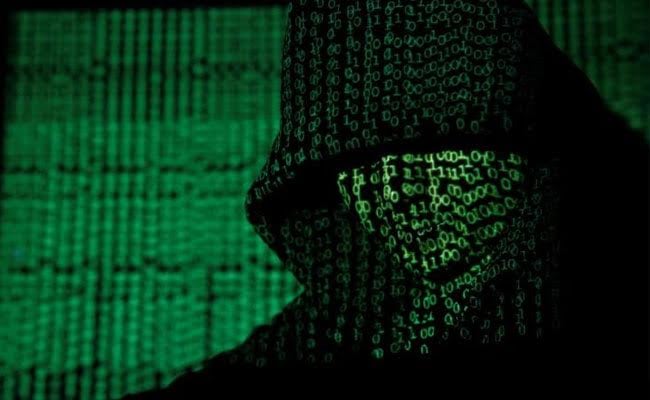
Ransomware is a malicious software designed to block access to a computer until a sum of money is paid.
Kolkata:
As more computers in the West Bengal State Electricity Distribution Company's offices in the districts fell victim to 'WannaCry' virus attack, the West Bengal government today issued a set of guidelines to stay ahead of the worldwide cyber attack.
Guidelines to constantly upgrade the operating systems as well as the requisite softwares to protect the computers from such attacks were taken at a high-profile meeting at the state secretariat today.
Chief Secretary Basudeb Banerjee, Home Secretary Malay Dey, state DG Surajit Kar Purkayastha, ADG Law and Order Anuj Sharma, ADG CID Rajesh Kumar and other senior officials of the Cyber Crime and IT experts participated in the meeting.
More computers in the WBSEDCL offices in Suri, Nalhati in Birbhum district and Darjeeling were today infected by the virus, a government spokesman said.
State power minister Sovandeb Chattopadhyay, however, said that out of 504 customer centres of the WBSEDC, a few computers in 30 centres were attacked by the virus.
However, it has failed to affect the regular business there, he said.
"We have shut down those computers. Our operations have run smooth and we have faced no problem as the virus could not affect the central server," Mr Chattopadhyay said.
Ransomware is a type of malicious software designed to block access to a computer system until a sum of money is paid.
Explaining the character of the 'Wannacry' virus, Principal Secretary, IT and Electronics Department & OSD Dr Krishna Gupta said that the departments had been asked to apply patches to Windows systems as mentioned in Microsoft Security Bulletin.
"The ramsomware enters a system through the e-mails...It's just a trap. It encrypts the files and asks for money to decrypt. This is simple. What we have asked the departments is to apply patches to the Windows systems to protect itself," Dr Gupta told PTI.
Guidelines to constantly upgrade the operating systems as well as the requisite softwares to protect the computers from such attacks were taken at a high-profile meeting at the state secretariat today.
Chief Secretary Basudeb Banerjee, Home Secretary Malay Dey, state DG Surajit Kar Purkayastha, ADG Law and Order Anuj Sharma, ADG CID Rajesh Kumar and other senior officials of the Cyber Crime and IT experts participated in the meeting.
More computers in the WBSEDCL offices in Suri, Nalhati in Birbhum district and Darjeeling were today infected by the virus, a government spokesman said.
State power minister Sovandeb Chattopadhyay, however, said that out of 504 customer centres of the WBSEDC, a few computers in 30 centres were attacked by the virus.
However, it has failed to affect the regular business there, he said.
"We have shut down those computers. Our operations have run smooth and we have faced no problem as the virus could not affect the central server," Mr Chattopadhyay said.
Ransomware is a type of malicious software designed to block access to a computer system until a sum of money is paid.
Explaining the character of the 'Wannacry' virus, Principal Secretary, IT and Electronics Department & OSD Dr Krishna Gupta said that the departments had been asked to apply patches to Windows systems as mentioned in Microsoft Security Bulletin.
"The ramsomware enters a system through the e-mails...It's just a trap. It encrypts the files and asks for money to decrypt. This is simple. What we have asked the departments is to apply patches to the Windows systems to protect itself," Dr Gupta told PTI.
Track Latest News Live on NDTV.com and get news updates from India and around the world

